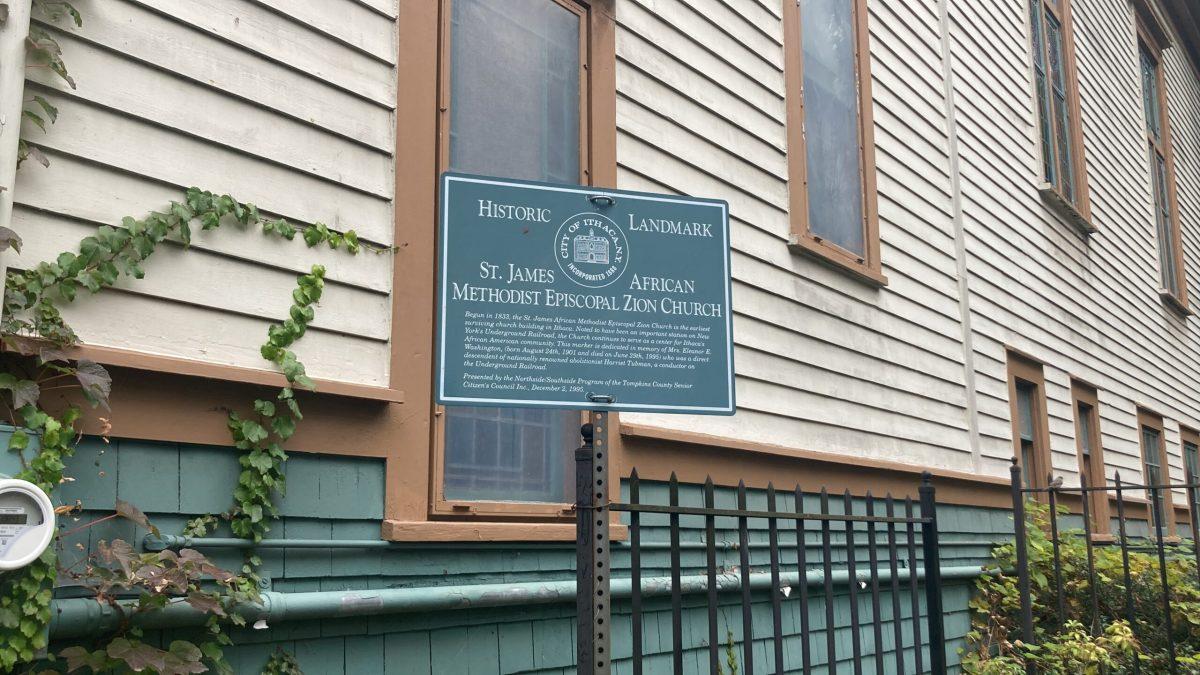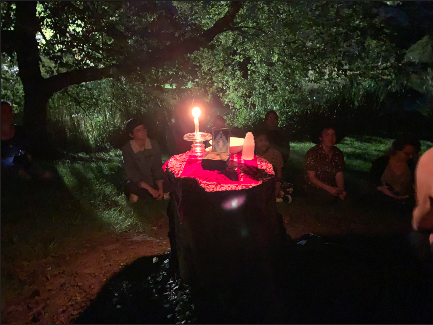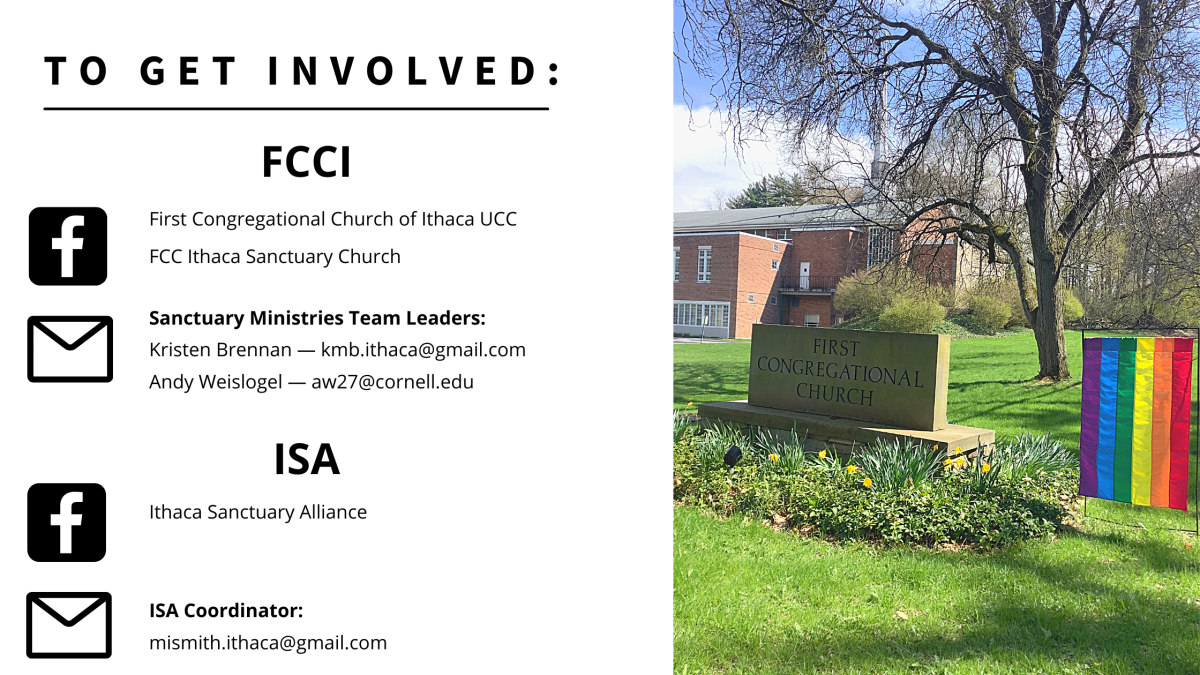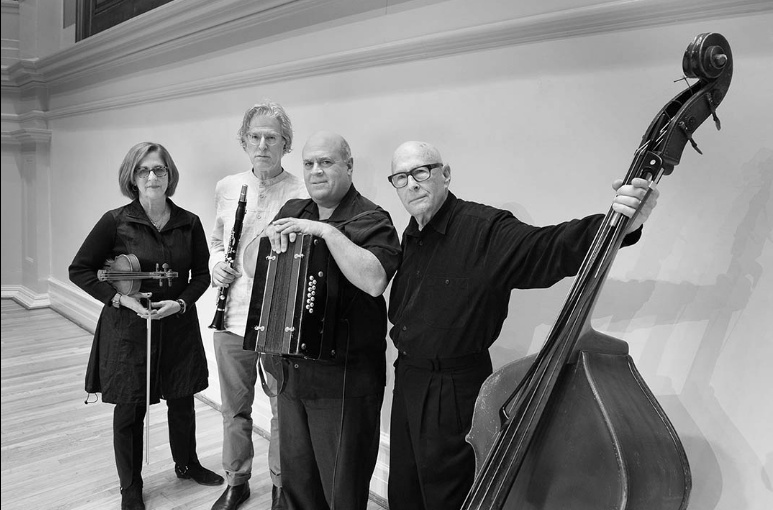The one time a week Maniscalco allows herself to break the cycle is Friday evenings when she attends Shabbat services and dinner, organized by IC’s Hillel, at Muller Chapel.
“I carved it out as a time in my schedule to do something for myself which I don’t do a lot during the week,” Maniscalco said. “I take it as a time to relax and decompress and think about the week and my goals going forward.”

Shabbat or Shabbos (שבת) — the Jewish Shabbath — is celebrated from sunset Friday until sunset Saturday. During this time, many activities are prohibited such as working, using technology and driving, although everyone chooses to observe to various extents. The holiday for many is a day to tune out all the noise surrounding them in order to reconnect with oneself, loved ones, nature and one’s Jewish identity.
Shabbat is increasingly attractive to young college students — who experience extreme stress and anxiety in their attempt to find a work-life balance — because its practices align with the newly popularized self-care movement.
In Ithaca, observers have the option to attend services and dinner with Hillel and Chabad at both Ithaca College or Cornell University as well as two local synagogues Temple Beth-El, which is conservative, and Congregation Tikkun v’Or, which is reform.
Although Maniscalco only celebrated Shabbat at Jewish summer camp, now she considers it an essential part of her college routine.
“Growing up, I did not go to services frequently until I went to camp and made Jewish friends and we had [Shabbat] services,” she said. “From that, it became something special and meaningful, but I still didn’t really do it every week outside of the summer until college.”
Similarly, IC senior Matt Feiler had a traditional Jewish upbringing. From pre-school to high school, he attended Jewish schools. Despite this, he said it was not until he was older that he found it necessary to observe Shabbat to disconnect from work and technology.
“I didn’t grow up observing Shabbat at all… Saturday was just, like, a normal day of the weekend,” he said. “But overtime… I sort of found that I need this day of rest, and I need to just relax… which sometimes you can’t do when you’re busy and going through the ropes of life.”

Josh Krisch, rabbi of Chabad at Ithaca College, said Shabbat sometimes loses its meaning when people take the Talmud — a religious text where the rules of Shabbat are listed — too seriously or not seriously enough.
He thinks the best way to observe is to find a middle ground and make it a weekly holistic lifestyle ritual.
“When Shabbat is done properly it is the ultimate secret of Judaism,” he said. “There is nothing more refreshing than it [and] there is nothing more relaxing, despite the fact that there is a thousand laws attached to it.”
Feiler said Shabbat also provides him an avenue to take a break from being online — whether it be catching up on the news or scrolling on social media.
“I started realizing there is technology that I, kind of, sort of, want to stay away from and… have one day to really dedicate to my Jewish identity,” he said. “I celebrate Shabbat from a religious standpoint… but also it is nice to take a break from society.”
Although it can be challenging to take a day off that many of his peers do not, Feiler said celebrating Shabbat motivates him to be more productive during the week.

“I also think having that break really gives me the motivation to get things done or really focus in on those things because I have one day less than everybody else,” he said.
Similarly, sometimes Maniscalco struggles to celebrate because of time conflicts with cheer practices and games, but she said she always manages to make time for herself Friday nights.
“Sometimes, Shabbat kind of interferes with my schedule,” she said. “But now, I make it more of a priority that this is something that I want to do and need to do to connect myself to my Judaism, my Jewish identity and ground myself and calm down from the week I just had and think about and reflect on the following week.”






